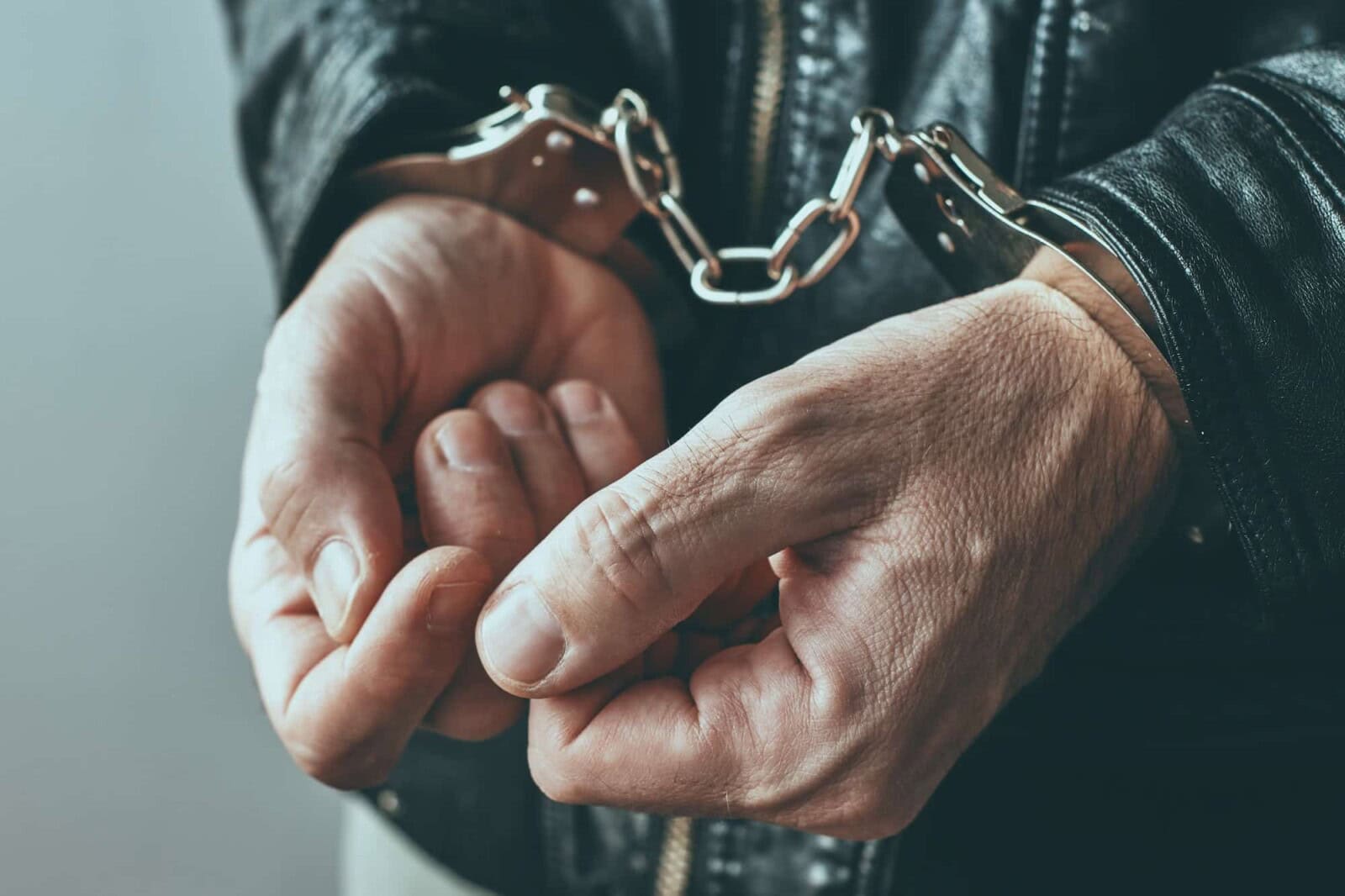If you've received probation in lieu of jail or prison time, you already know how challenging it can be at times to avoid a violation. Maybe you slipped up and relapsed before your drug test, you missed curfew, or you were arrested on a new charge. If you know that your probation officer is planning to charge you with a violation of probation, you're probably wondering what will happen next. That often depends on the underlying crime and the reason for your violation. GET YOUR FREE CONSULTATION

Is VOP a Misdemeanor or a Felony?
Although you can go to jail or prison for violating the terms of your probation, the violation of probation itself will not result in a new felony or misdemeanor charge. Probation is a punishment for a previous crime. So, unless you violated your probation by committing a new offense, you will not face new charges.
This makes a VOP hearing very different from a criminal trial. Because you've already been sentenced, you don't have the same rights as you would in a criminal trial. Here are some of the differences between a VOP hearing and a criminal trial:
- There is no presumption of innocence.
- You do not have the right to a bond.
- You do not have the right to a jury trial.
- Hearsay evidence is allowed in a VOP hearing.
- You don't have a Fifth Amendment right to refuse to answer incriminating questions.
- The legal standard is a preponderance of the evidence instead of guilt beyond a reasonable doubt.
In other words: the odds are stacked against you. If you face a violation of probation — whether or not you have also incurred new charges — you need to contact a probation violation lawyer. Attorney Matt Shafran of Weinstein Legal has successfully defended hundreds of clients in criminal trials and VOP hearings. Call him today for diligent representation.
Common Probation Violations
Anything that goes against the agreed-upon terms of your probation may be grounds for a violation. There are two categories of violations:
Technical Violations
This type of violation is one that goes against the terms of your probation but does not result in new charges. Technical violations include things like failure to check in with your probation officer, traveling without permission, drug or alcohol usage, associating with known felons or individuals engaged in criminal activity, etc.
Substantive Violations
If you are charged with a new crime, it's a substantive violation of your probation. In addition to being tried for the new offense, you could face a very difficult VOP hearing. Moreover, your probation officer doesn't have to wait for the new criminal offense to be resolved before requesting a VOP hearing. Any new misdemeanor or felony arrest can be considered a substantive violation.
Violation of Probation Penalties
There are three possible courses that a judge can take if they find you to be in violation of probation:
Continue Probation
This is the best possible outcome. Even though the judge finds that you've violated your probation, they decide to allow you to continue with the probation as though nothing has occurred. The judge usually issues a formal warning as part of this action.
Modify Probation
For minor, low-risk violations, the judge may decide to modify the terms of the probation. This usually involves enhanced supervision by your probation officer. You may, for instance, be required to check in more regularly or take additional substance tests.
Revoke Probation
If you've been found to have committed a substantive offense, or your underlying offense — the offense that originally led to your probation — was violent in nature, the judge may revoke your probation. You would be required to return to jail or prison to serve out a portion or all of your term.
It's important to note that none of these courses of action include any new penalties that you incur for new criminal convictions.
What to Do if You Have Violated Your Probation in Florida
If you know you've violated your probation, you should assume that your probation officer is going to find out. In certain instances, they almost definitely will. Your probation officer will likely find out about any contact you have with law enforcement, including traffic stops. Additionally, if you're ordered to participate in probation drug testing in Florida, and you've violated the terms of your probation by taking drugs — even if its marijuana — you're probably going to get caught. Don't wait for your probation officer to lower the boom on you. Contact a Florida probation lawyer like Matt Shafran immediately.
What a VOP Attorney Can Do For You
If you're facing a VOP hearing, you may feel like you're likely to be found in violation. While that is a possible outcome, you still have rights during the process. VOP hearings are not automatic and there are defenses to some common violations that could help you avoid a harsh outcome. Here are a few of the more common VOP defenses:
- The violation wasn't a breach of the terms of the probation.
- The offense was a civil traffic infraction that didn't violate the terms of the probation.
- The probationer was unable to meet their financial obligations due to indigency.
- The probationer had a medical emergency that forced them to violate the terms of the probation.
- Constructive possession of a controlled substance. For example, the probation officer finds drugs in an area that multiple individuals have access to.
These are just a few of the violations that a criminal defense probation violation attorney like Matt Shafran can use to beat the VOP allegations or minimize their damage.
Florida VOP Attorney
If you believe that your probation officer will bring you before a VOP hearing in Palm Beach, Broward, or Orange County, contact attorney Matt Shafran of Weinstein Legal to discuss the terms of your probation and any possible violations that are pending.


